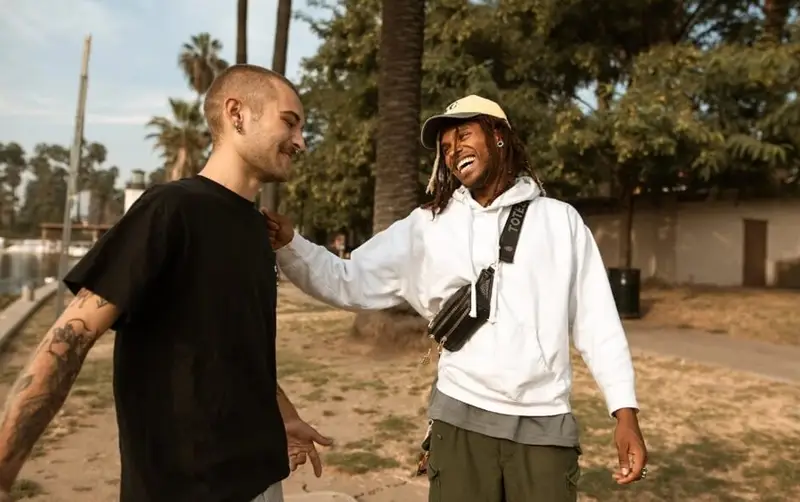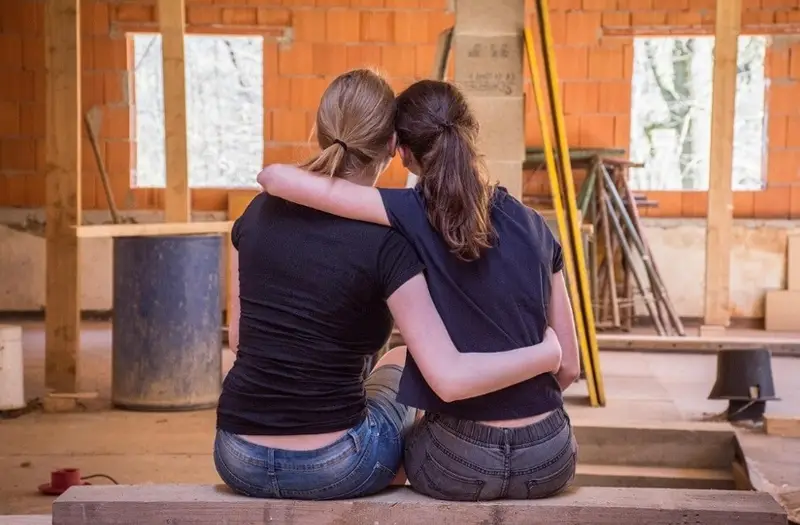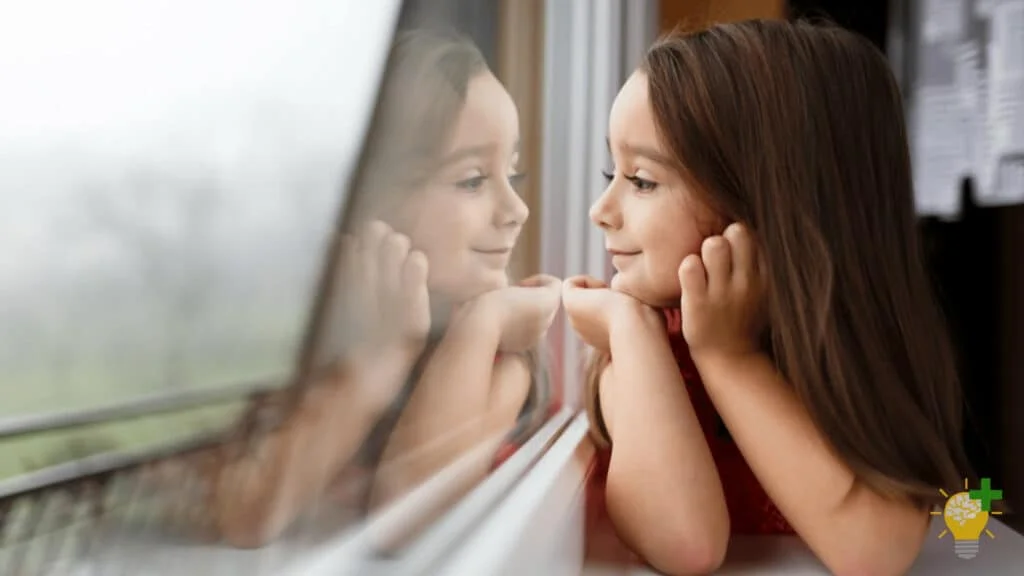Letting go of good friends can be painful, especially when you’ve convinced yourself they’ll be part of your life forever. While changes in relationships are inevitable in many cases, adjusting to them can take some getting used to.
If you’re having a hard time dealing with changes in your friendship, know that you’re not alone. In this article, I share practical tips to help you navigate the ups and downs that usually arise when friendships change.
Let’s dive right in.
Common Reason for Change in Friendships

Like most people, you may have fantasized about spending the rest of your life with your best buddy from childhood or high school. That type of thinking is normal because we are hardwired to seek stability.
However, the reality is that people hardly stay friends forever.
Friends may drift apart over time for various reasons. Although we may not like the change, it is part of life’s normal cycle. And sometimes, there’s little you can do to prevent the change.
Some common reasons friends may drift apart include:
- Lack of communication: It’s difficult to maintain your level of closeness if something gets in the way of your communication. Friendships hardly survive, let alone thrive, when there is reduced interaction over a long time.
- Time and distance: Busy schedules, competing priorities, and physical distance can put a serious strain on your friendship, making it harder to remain close buddies.
- Shifting interests: You may have shared similar passions, interests, and goals with your friend at one point. But your interests and priorities can change as you grow and develop. This can affect your compatibility and potentially end your friendship.
- Life transitions: You can’t always control the changes in your circumstances or your friend’s life. Changes such as moving to a new town, starting a new job, or getting into a committed relationship may cause you to drift apart naturally.
- Conflicting values: People hardly stay friends if their values, beliefs, or lifestyles start to differ significantly. Over time, you may discover that your values are no longer aligned or compatible, and this can alter the dynamics between you and your friend.
- Personal growth: You may outgrow certain friendships due to personal growth. If this happens, you’ll naturally seek new connections and discard old friendships that are not at par with your new growth level.
How to Cope When Friendships Change

Accept That Change Is Normal
Acceptance is not always easy. In fact, not many people quickly come to terms with changing friendship dynamics.
Internalizing the new reality can be quite challenging; one minute, you are visualizing your best buddy in your future, and the next, they are merely an acquaintance.
However, change is inevitable, and we must all learn to accept it, even when it feels disappointing and painful.
Embrace the fact that people grow; in many cases, growth comes with positive changes. Isn’t that what we really want for ourselves and those around us?
Indeed, change may lead to shifts in our friendships, but it can be less painful if we focus on its positive aspects.
Take Time to Heal
It’s okay to grieve when friendships change. After all, it is a deep emotional loss. Like romantic relationships, it hurts when you lose someone you once relied on to always be there for you.
Allow yourself to feel the emotions that emerge, whether sadness or anger.
It’s even normal to feel confused, especially when the dynamics of your friendship change too suddenly (for example, moving to a new, distant location).
Remember, healing is gradual, so give yourself time to process your feelings and thoughts.
Also, give your friend time to adjust to the new dynamics. With some deliberate efforts, you both can still maintain a strong friendship. However, don’t force things before either of you is ready.
Here’s something practical I recommend you do during this period of healing. Use the time to reflect on the friendship.
Ask yourself:
- What have I learned from this friendship?
- What kind of people do I want to have as my friends moving forward?
- What changes do I need to make to attract the right people into my life?
Talk to Someone About How You Feel
Bottling up hurtful feelings is never a healthy coping strategy. It can feel like you’re carrying a ton of weight on your shoulders if you don’t talk to someone about your feelings.
Moreover, keeping hurtful feelings all locked inside (perhaps, in a bid to stay positive) can have a range of negative consequences, including low self-esteem and depression.
When friendships change, and you’re struggling to deal with it, share how you feel about the whole thing with someone you trust, such as a family member, another close friend, or a counselor.
Here’s something else I suggest.
Consider talking to your friend if you’re concerned about the changing dynamics of your friendship. Perhaps they no longer treat you as a priority, or you think they’re blowing you off for reasons you don’t know.
Of course, having a direct conversation with someone you’re gradually growing apart from can feel daunting, but an honest conversation can help you redefine your relationship.
They might want to work things out and continue strengthening the friendship or be upfront about their evolving priorities, which you may no longer fit into.
Whatever the case, having a heart-to-heart talk about the shifting dynamics around your friendship can help you understand and accept each other’s perspectives.
Be Open to Making New Connections
Meeting new people can be awkward initially, but it is usually worth it when you finally create strong bonds with others.
However, just like healing from a toxic romantic relationship, getting over any hurt caused by the change in your previous friendship is important before making new friends.
Consider the following tips before you go friend-shopping.
- Define exactly what you want in a friend: Start by getting clear about your interests, values, and personality traits. When you’ve done this, keep an eye open for people who align with your vision.
- Allow connections to develop naturally: Remember that meaningful friendships take time, so don’t force new connections. Take time to really know people before building deep friendships.
- Put yourself out there: You’re less likely to meet new people that align with your values if you don’t go where they are. Join groups or clubs, attend social events, and take part in activities that resonate with your interests. This will increase your chances of meeting people with similar interests. Lastly, remember to be open and approachable.
Final Thoughts
Indeed, adjusting to changing dynamics in friendship can be quite challenging. But remember that people grow apart, and that’s perfectly fine.
Keep in mind that when friendships change, it’s not necessarily anyone’s fault. In fact, it could be in the best interest of everyone involved, so avoid blaming yourself or doubting your ability to maintain a healthy relationship.
While it is hard to let go of some friends, it is usually helpful to view a changing friendship as an opportunity to reflect and discover new things about yourself, as well as a chance to seize new opportunities.




